22 December 2024
When it comes to team-based games, putting together the ultimate squad feels like assembling the Avengers—except you’re not just saving the world, you’re also racking up points, dominating your opponents, and maybe doing a little trash-talking along the way (all in good fun, of course). Whether you’re diving into Overwatch, Apex Legends, League of Legends, or any other squad-based game, having the right mix of skills, roles, and personalities can make or break your experience.
But how do you build that team? You know, the one where everything clicks like perfectly aligned puzzle pieces? Don’t worry, I’ve got you covered. In this guide, we’ll dig into the nitty-gritty of creating the ultimate squad, breaking it all down step-by-step so you and your squad can climb to the top of the leaderboard. 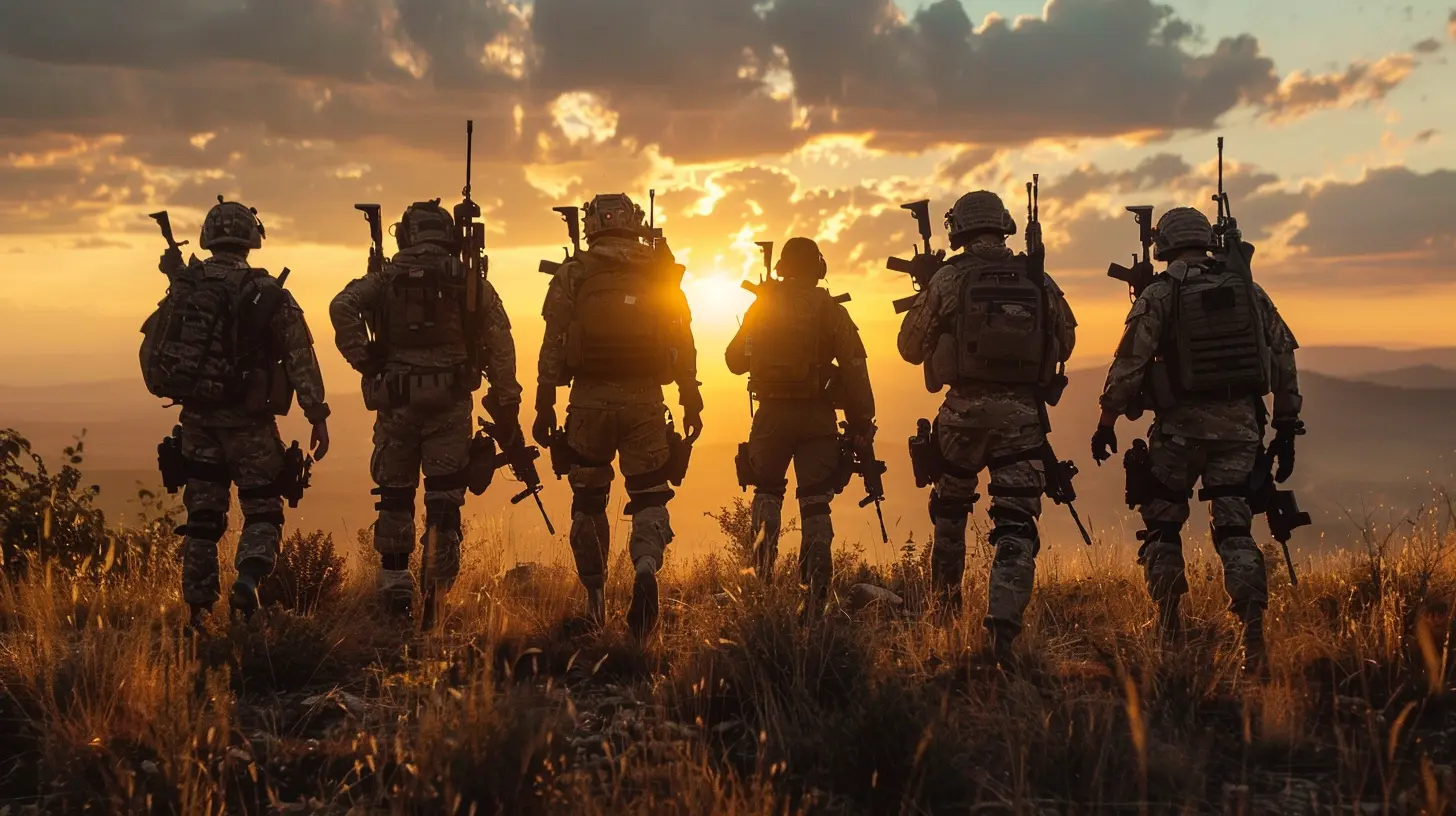
Why Team Composition Is a Big Deal
First things first—team composition matters. Like, a lot. You can have five of the most individually skilled players, but if everyone’s doing their own thing, it’s like trying to herd cats. Chaos ensues.In team-based games, every character or class has a specific role to play—think of it like a band. You’ve got your lead singer (carry or damage dealer), your drummer (tank or protector), your bassist (support or healer), and maybe even a DJ (utility or crowd control). Without one of these, your performance? Total flop.
The goal is to make sure your team has synergy—that sweet, sweet harmony where each player complements the others. Once you achieve that, it’s game on.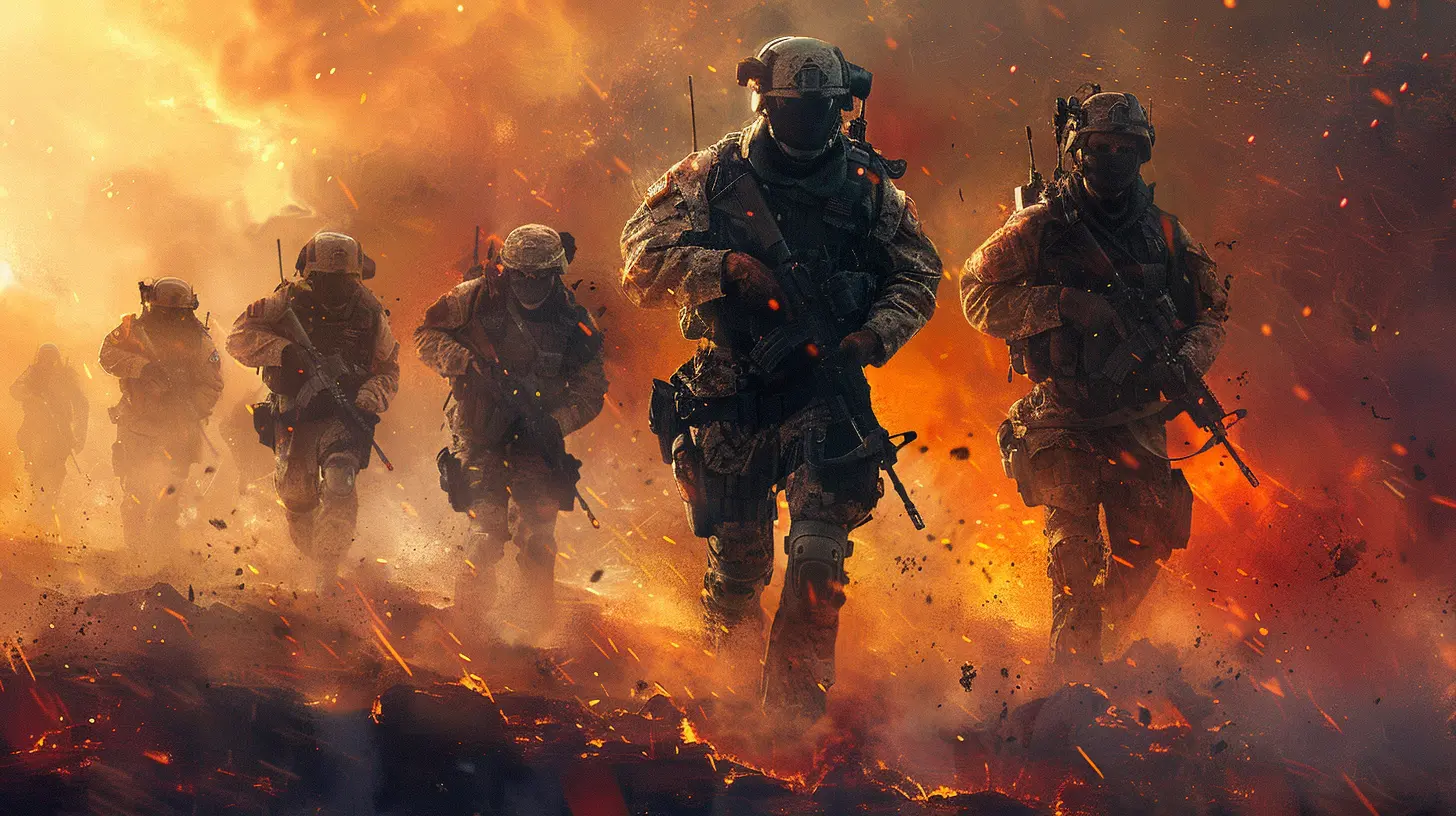
Start with the Basics: Know the Roles
Before you even think about shouting “Let’s form a squad!” in your Discord server, you need to understand the core roles in team-based games. Most games break them down like this:1. The Tank (The Shield of the Squad)
The tank is your team’s frontline. They’re the ones with thick armor (literally or metaphorically) who charge headfirst into danger while soaking up damage. Tanks create space for their teammates and protect squishier characters.- Pro Tips:
- Choose a tank with crowd control abilities to disrupt enemies.
- Make sure your tank communicates when they’re pushing or falling back.
- Think Reinhardt from Overwatch or Gibraltar from Apex Legends—big and intimidating.
2. The Damage Dealer (The Firepower)
Damage dealers, or DPS (damage-per-second) players, are your heavy hitters. They’re the ones pumping out damage and securing eliminations. Without solid DPS, your team will struggle to finish fights or objectives.- Pro Tips:
- Balance between burst damage (high impact, short duration) and sustained damage (consistent output).
- Stick with your team—going solo is a recipe for disaster (unless your name is John Wick).
3. The Support (The Lifeline)
Supports are the unsung heroes of any good squad. They heal, buff, or provide utility to keep the team going strong. If your support’s doing their job right, you’ll hardly notice them—until they’re not there, and you’re suddenly wiped out.- Pro Tips:
- Learn how to position yourself safely—it’s hard to help your team when you’re dead.
- Be generous with heals and buffs, but don’t forget to deal damage when needed.
4. The Flex (The Wildcard)
Flex players are like Swiss Army knives—they adapt to whatever the team needs. Whether it’s another healer, a second tank, or extra damage, they’re ready to fill in the gaps.- Pro Tips:
- Get comfortable playing multiple roles or classes.
- Stay aware of your team’s needs and adjust on the fly.
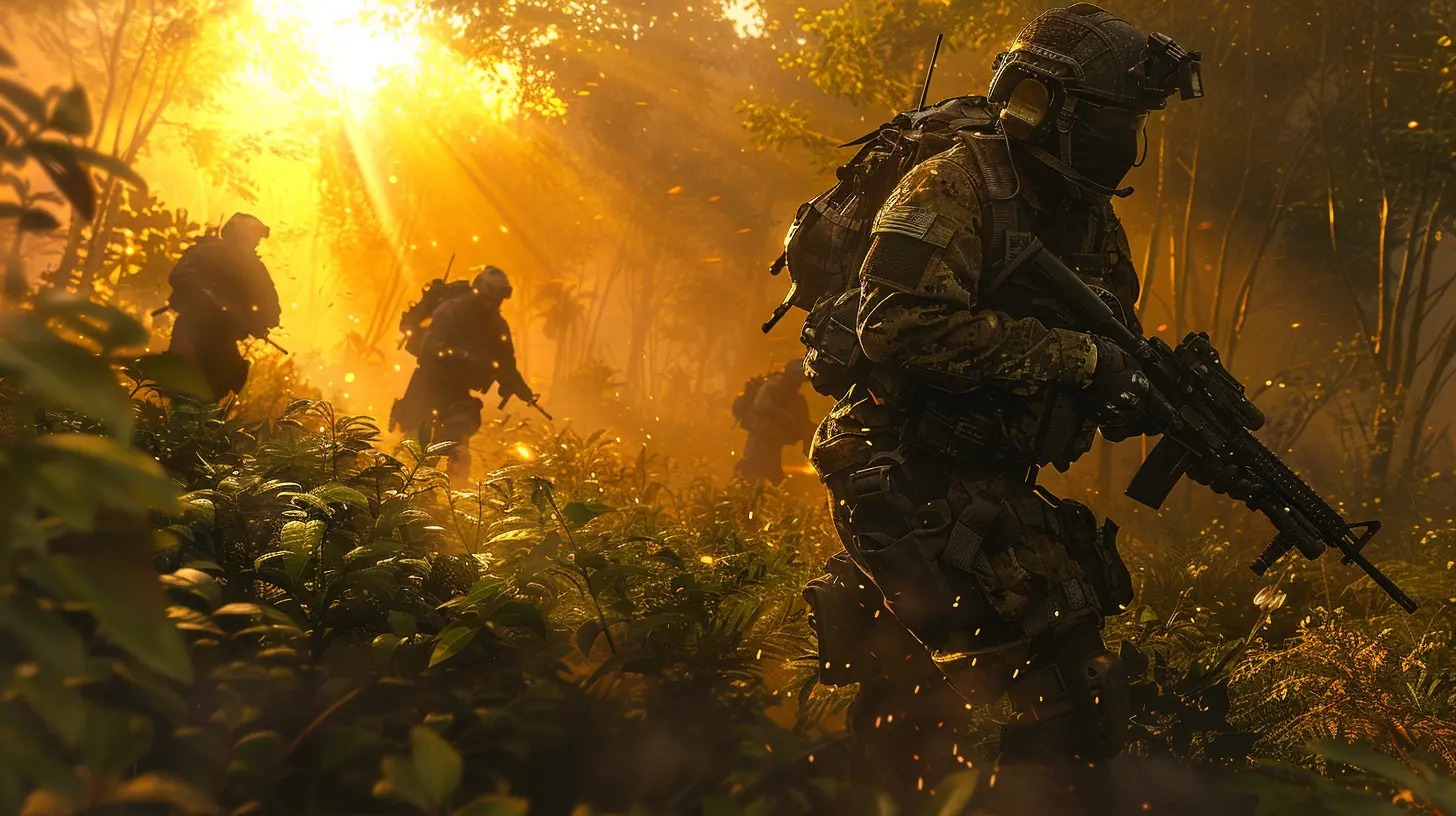
Communication: Your Secret Weapon
Alright, so you’ve put together a balanced squad—great start! But now comes the glue that holds everything together: communication.Bad communication is like trying to pass a note in class without getting caught (and failing miserably). On the flip side, good communication turns your squad into a well-oiled machine.
Tips for Better Team Communication:
- Call Out Your Actions: Got an enemy flanking? About to use a game-changing ultimate? Let your team know!- Stay Positive: Nobody likes the guy yelling “GG, we lost” five minutes into a match. Keep it chill and pump your teammates up.
- Be Constructive: If someone messes up, don’t rage. Offer tips or advice instead.
- Use Ping Systems: If voice chat isn’t your thing, most modern games have handy ping tools—use them!
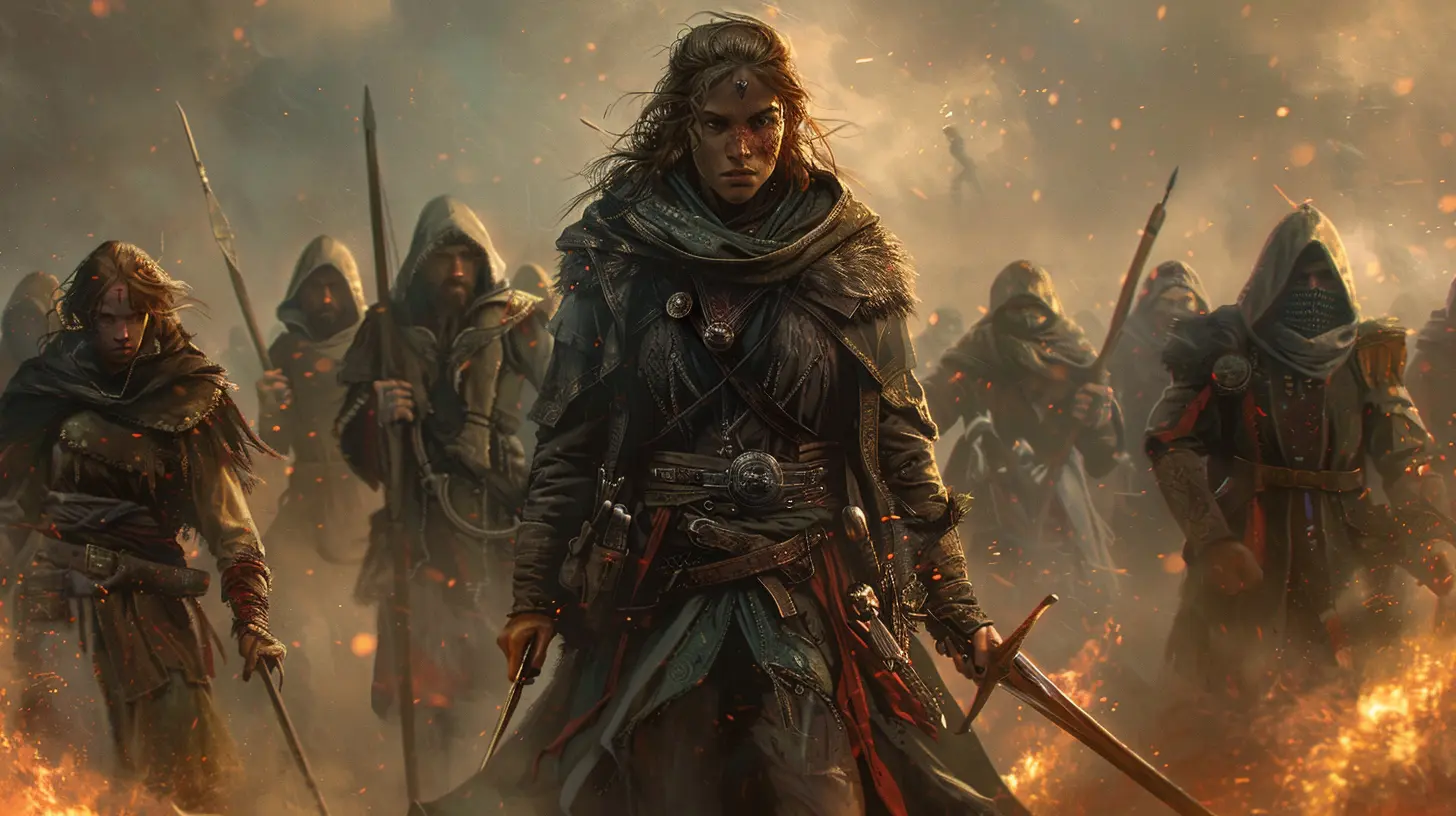
Building Chemistry: Play Together, Win Together
Okay, let’s get real for a second. Just because you’ve got a balanced squad doesn’t mean you’ll instantly start winning. Like any great team, you need chemistry.Have you ever seen a basketball team where everyone’s just showboating, refusing to pass the ball? Yeah, they don’t win championships. The same is true here. The more you play together, the better you’ll understand each other’s playstyles and quirks.
How to Build Team Chemistry:
1. Play Regularly: The more you play together, the better your synergy.2. Review Matches: After each game, talk about what went right and what didn’t. Learn from your mistakes.
3. Find Balance: It’s not all about the grind—have fun too! Whether it’s sharing memes or joking around between games, building rapport off the battlefield is just as important.
Adaptability: Don’t Be a One-Trick Pony
Even the best laid plans can crumble when your opponents throw a curveball. Maybe the enemy squad has a tank so tough it feels like hitting a brick wall, or maybe their sniper keeps picking off your teammates.This is where adaptability comes in. Sticking to a rigid plan is like trying to fit a square peg into a round hole—it’s not gonna work.
How to Stay Adaptable:
- Be Open to Role Changes: Sometimes your healer needs to go DPS, or your tank needs to switch to a sniper. Flexibility is key.- Analyze the Enemy: Pay attention to what the other team is doing and counter their strategy.
- Experiment: Don’t be afraid to try new team comps or tactics, especially if your current plan isn’t working.
Practice Makes Perfect (Yes, Even in Video Games)
I know, I know—practice sounds boring. But hear me out! Even if your squad has great chemistry and a solid plan, you still need to practice executing it.Spend some time in less competitive matches perfecting your team’s coordination. Learn each map inside and out (like how you know the back of your hand), figure out your go-to strategies, and practice that all-important timing.
Remember: every mistake is just another step toward improvement.
Personality Matters Too
Building the ultimate squad isn’t just about in-game roles and mechanics—it’s also about finding people you vibe with. You could have the most well-balanced team in the world, but if everyone’s clashing personalities, it’s going to implode faster than you can say “defeat.”Look for Teammates Who:
- Stay Cool Under Pressure: Avoid people who tilt easily or rage quit.- Work as a Team: Lone wolves might be great in solo games, but they’re a bad fit for squad play.
- Make the Game Fun: At the end of the day, you’re playing to enjoy yourself—find people who amplify that.
Final Thoughts
Building the ultimate squad in team-based games isn’t rocket science, but it does take a little effort, some trial and error, and a whole lot of teamwork. Get your roles balanced, keep the communication flowing, practice like there’s no tomorrow, and—most importantly—have fun. Remember, it’s just as much about the journey as it is about the victory.So, what are you waiting for? Grab your headset, hop online, and start assembling your dream squad. Who knows? You might even make some lifelong friends along the way (or at least some hilarious inside jokes).


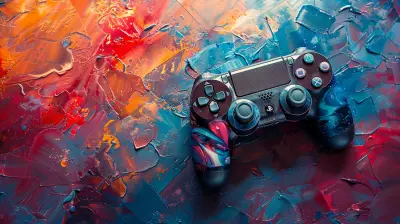
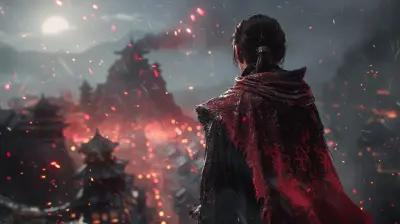
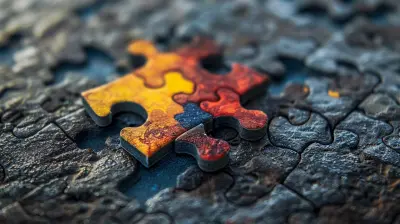



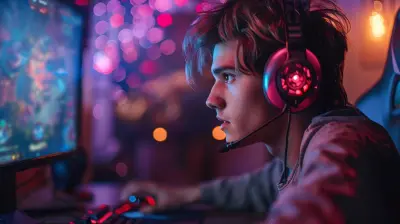
Lisette Barnes
Great article! Building the ultimate squad really makes a difference in team-based games. I love the tips on synergy and roles—definitely going to try these strategies in my next match. Keep the insights coming!
April 4, 2025 at 4:12 PM